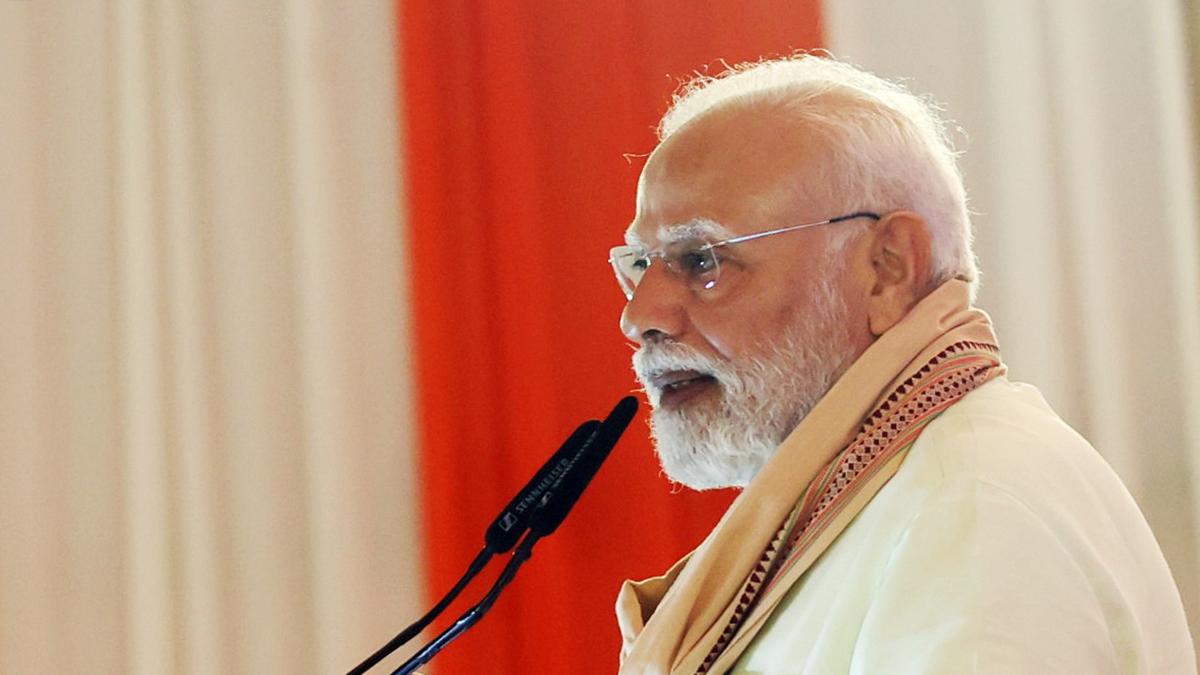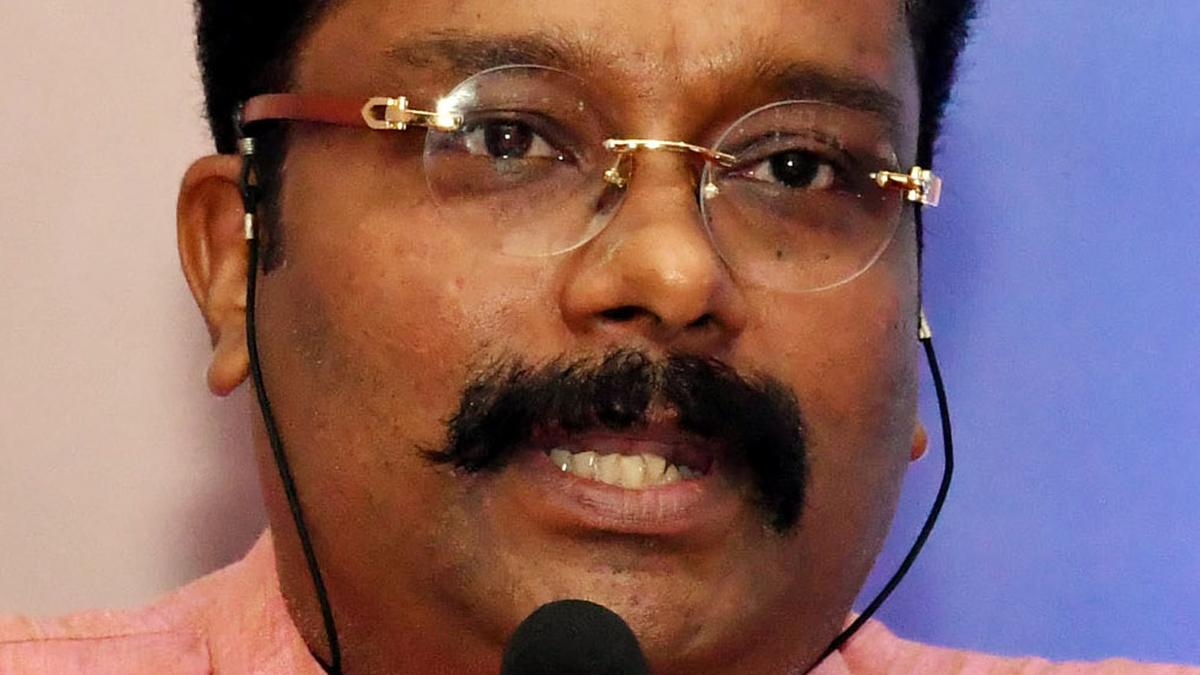Now Reading: Karnataka Governor Sends Back Bill on Buffer Zone Reduction for Lakes and Drains
-
01
Karnataka Governor Sends Back Bill on Buffer Zone Reduction for Lakes and Drains
Karnataka Governor Sends Back Bill on Buffer Zone Reduction for Lakes and Drains
Fast Summary
- Karnataka Governor Thaawarchand Gehlot has returned the Karnataka Tank Conservation and Progress Authority (Amendment) Bill, 2025.
- The Bill proposes reducing buffer zone sizes for various water bodies and canals in Karnataka.
– Proposed Changes for Water Bodies:
– Buffer zones: Removed for tanks <5 guntas; scaled reductions to 30 metres for tanks >100 acres.
– Current standard: Uniform buffer of at least 30 metres.
– Proposed Changes for Canals:
– primary canals: Buffer reduced from 30 metres to 15 metres.
– Secondary canals: Reduced from 15 metres to 10 metres.
– Tertiary canals: reduced from 10 metres to five metres.
- Expert opinion shared by Governor suggests that the current buffer zone of at least 30 meters is insufficient, with a recommended size closer to 300 meters for ecological balance.
- Critics, including Bengaluru Town Hall association, allege the amendment threatens long-term water security and ecological health. Thay commend the Governor’s decision not to assent without clarification.
- Convenor sandeep Anirudhan called out the government’s approach as “frivolous,” claiming it endangers Karnataka’s lakes and citizens’ rights.
Indian Opinion Analysis
This proposed amendment underscores pressing concerns about balancing urban development with environmental conservation in Karnataka. While smaller buffer zones may enable more land use flexibility, critics argue it jeopardizes water security and ecosystem integrity-priorities crucial in a state already grappling with pollution and depletion of its lakes.
Governor Thaawarchand Gehlot’s intervention highlights valid concerns raised by experts regarding inadequate consultation on measures affecting approximately 45,000 lakes statewide. As water scarcity touches upon citizens’ fundamental rights like access to clean resources, decisions on such amendments demand rigorous deliberation backed by clear study of long-term effects.
The controversy also signals broader policy challenges surrounding sustainability versus growth in urban planning across India-a debate requiring inclusive dialog between stakeholders like governments, scientists, activists, and local communities.
Find out more here.
























